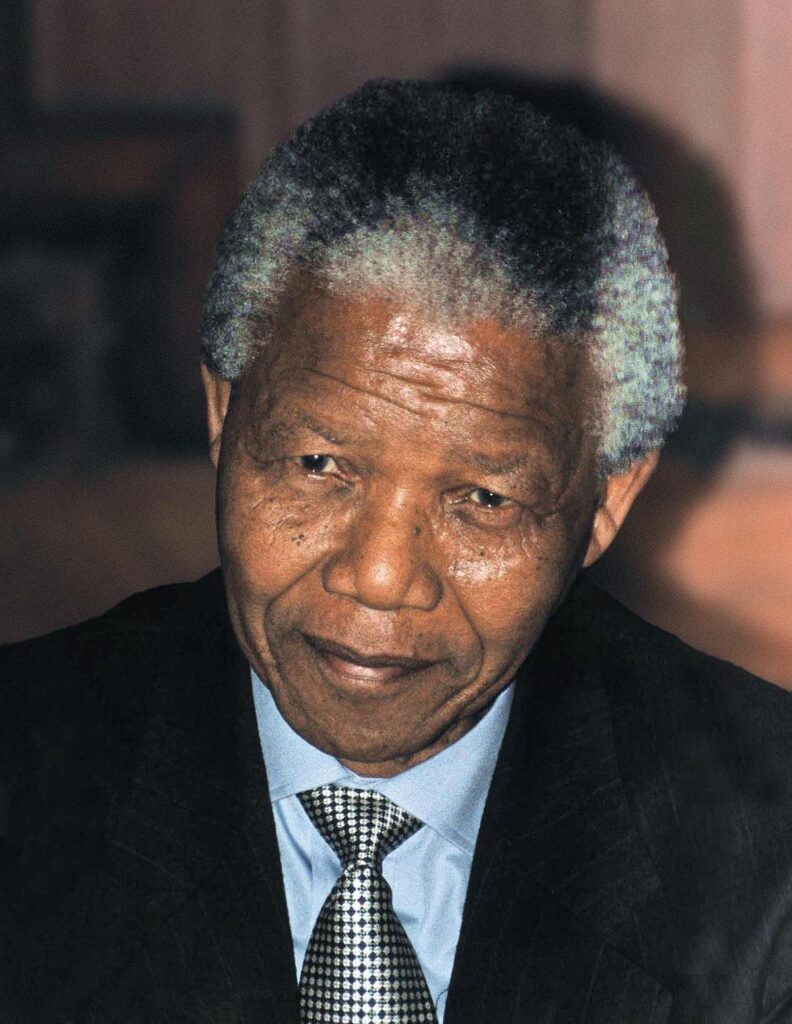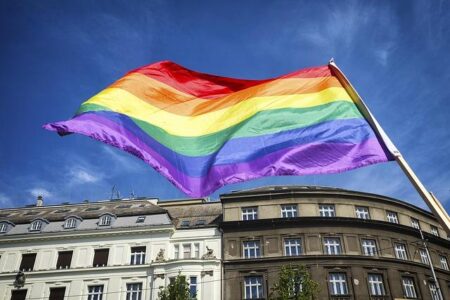Nelson Mandela once famously declared, “Sport has the power to change the world,” a testament to the unifying influence of athletic competition beyond the boundaries of the playing field. This profound belief underscores how sport can break down barriers, bridge divides, and inspire social change. In this article, we explore Mandela’s legacy through the lens of sport, highlighting its role in fostering reconciliation, promoting equality, and driving transformation both within South Africa and across the globe.
Nelson Mandela’s Vision on the Transformative Power of Sport
Nelson Mandela’s belief in the unifying strength of sports extended far beyond the playing field. To him, sports were a vital driver of social transformation, capable of bridging deep divides in society. He saw the arena as a place where people of all backgrounds could come together, fostering mutual respect and understanding amidst adversity. Mandela’s vision illuminated how the passion and discipline inherent in sports could inspire values such as teamwork, perseverance, and fairness, which are essential not only in competition but in the broader battle against inequality and injustice.
His embrace of sport went hand in hand with concrete actions that reshaped South Africa’s global image during the post-apartheid era. The 1995 Rugby World Cup, hosted on home soil, became a defining moment, symbolizing reconciliation through shared national pride. Mandela’s strategic use of sport to:
- Promote racial unity
- Enhance international diplomacy
- Empower youth through positive role models
highlighted its transformative potential. The table below illustrates key instances where Mandela harnessed sport’s influence to advance social cohesion:
| Event | Year | Impact |
|---|---|---|
| Rugby World Cup | 1995 | Symbol of racial unity and healing |
| Paralympic Support | 1996 | Empowerment of disabled athletes |
| Football Development Programs | 1990s | Youth engagement and social upliftment |
How Sport Has Bridged Social Divides and Fostered Unity in South Africa
In the complex tapestry of South Africa’s history, sport emerged as a unique and powerful platform that transcended racial and social boundaries. From the early days of apartheid, where segregation was the norm, athletes like Nelson Mandela recognized the potential of sport to ignite social cohesion and national pride. The 1995 Rugby World Cup, hosted and won by South Africa, became a landmark event that symbolized unity, bringing together fans across racial divides in unprecedented solidarity. This moment underscored how sport, beyond being a contest of skill, serves as a conduit for healing and reconciliation in a society marked by division.
The transformative power of sport also manifests in community-level initiatives that foster inclusivity and empowerment. Programs focusing on youth development, particularly in historically marginalized areas, use football, cricket, and athletics as tools to impart life skills and encourage collaboration. Key aspects include:
- Breaking down stereotypes: Sport challenges prejudices by encouraging teamwork across ethnicities.
- Promoting equal opportunities: Access to sports programs helps bridge socio-economic gaps.
- Creating national pride: Celebrating shared victories enhances a collective identity.
These efforts are supported by partnerships between government bodies, NGOs, and sports federations, ensuring that the spirit of unity continues to thrive on and off the field.
| Sport | Impact on Unity | Notable Event |
|---|---|---|
| Rugby | Symbol of national reconciliation | 1995 Rugby World Cup |
| Football | Youth empowerment programs | Local grassroots tournaments |
| Cricket | Promoted racial integration in teams | 2003 ICC World Cup participation |
The Role of Athletics in Promoting Peace and Global Understanding
Athletics have long served as a universal language, breaking down cultural barriers and fostering unity among diverse populations. By bringing together athletes and fans across borders, sports create a unique platform for dialogue, mutual respect, and cooperation. Events like the Olympics and the FIFA World Cup transcend political tensions, illustrating how competition, camaraderie, and shared passion for the game can inspire peace and understanding globally. Through the discipline and teamwork sports demand, individuals from conflicting backgrounds find common ground and develop empathy, helping to bridge divisions both on and off the field.
- Promote cross-cultural exchange: International tournaments showcase different cultures and traditions, enriching participants’ perspectives.
- Encourage peaceful competition: Fair play and respect among athletes highlight sportsmanship beyond national rivalries.
- Engage youth in positive activities: Sports programs steer young people away from violence and towards community building.
- Support reconciliation efforts: Collaborative sports initiatives help heal wounds after conflict by emphasizing shared goals.
| Sport | Known Impact | Example |
|---|---|---|
| Soccer | Uniting divided communities | Peace matches in post-conflict regions |
| Basketball | Engaging at-risk youth | Urban leagues promoting social inclusion |
| Rugby | National reconciliation | 1995 Rugby World Cup in South Africa |
Practical Steps for Harnessing Sports as a Catalyst for Social Change
To capitalize on the transformative power of sports, organizations and communities must adopt a strategic approach that goes beyond the playing field. Embedding inclusive policies that ensure access regardless of gender, race, or socioeconomic background lays the foundation for genuine social impact. Partnering with educational institutions and local governments to create mentorship programs channels young athletes’ passion into leadership skills, fostering resilience and unity. Additionally, leveraging media platforms to amplify stories of perseverance and teamwork can inspire broader societal change.
Implementing targeted initiatives also requires measurable goals to track progress and maintain accountability. Consider the following framework as a practical guide:
| Step | Objective | Impact Metric |
|---|---|---|
| Community Engagement | Increase local participation | % rise in youth enrollment |
| Leadership Training | Empower future role models | Number of trained mentors |
| Awareness Campaigns | Promote social inclusion | Media reach and engagement |
- Encourage diverse representation in teams and leadership roles to challenge stereotypes.
- Facilitate community dialogues around shared values cultivated through sportsmanship.
- Secure sustainable funding to ensure long-term program viability.
The Conclusion
Nelson Mandela’s belief that “sport has the power to change the world” remains a powerful testament to the unifying spirit of athletics. As highlighted in the Yahoo Sports feature, Mandela’s legacy continues to inspire athletes and fans alike to look beyond competition and embrace sport as a force for social change and global unity. In a world often divided by politics and conflict, his vision reminds us that the playing field can be a place where barriers are broken and hope is restored.





